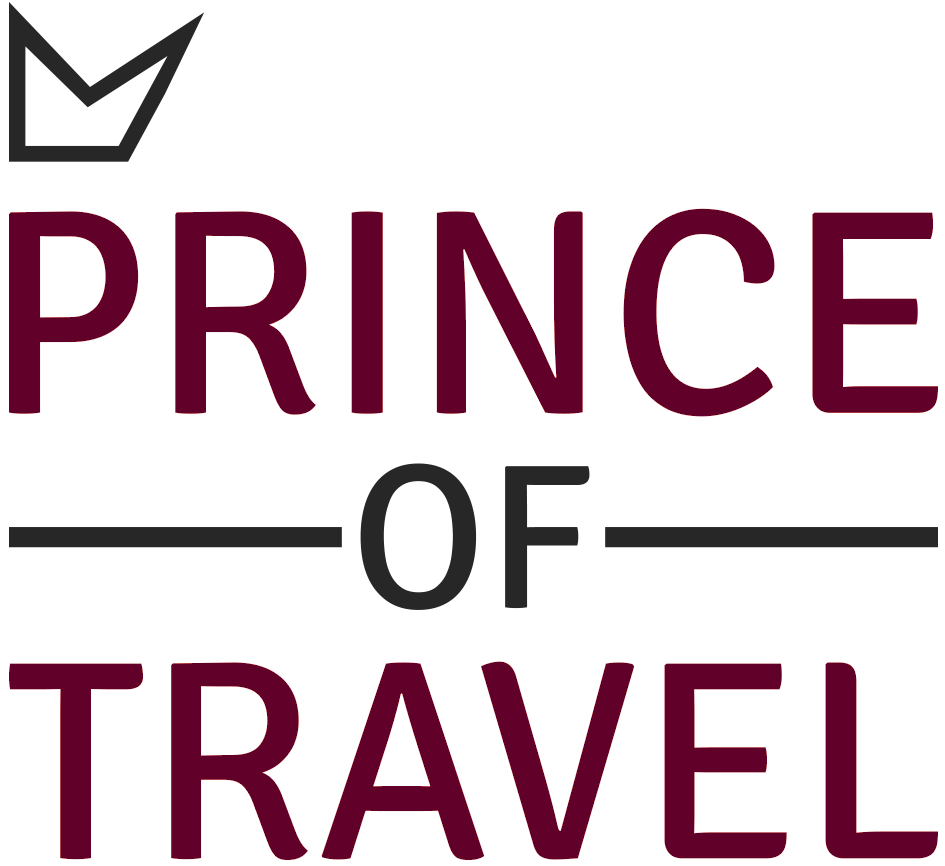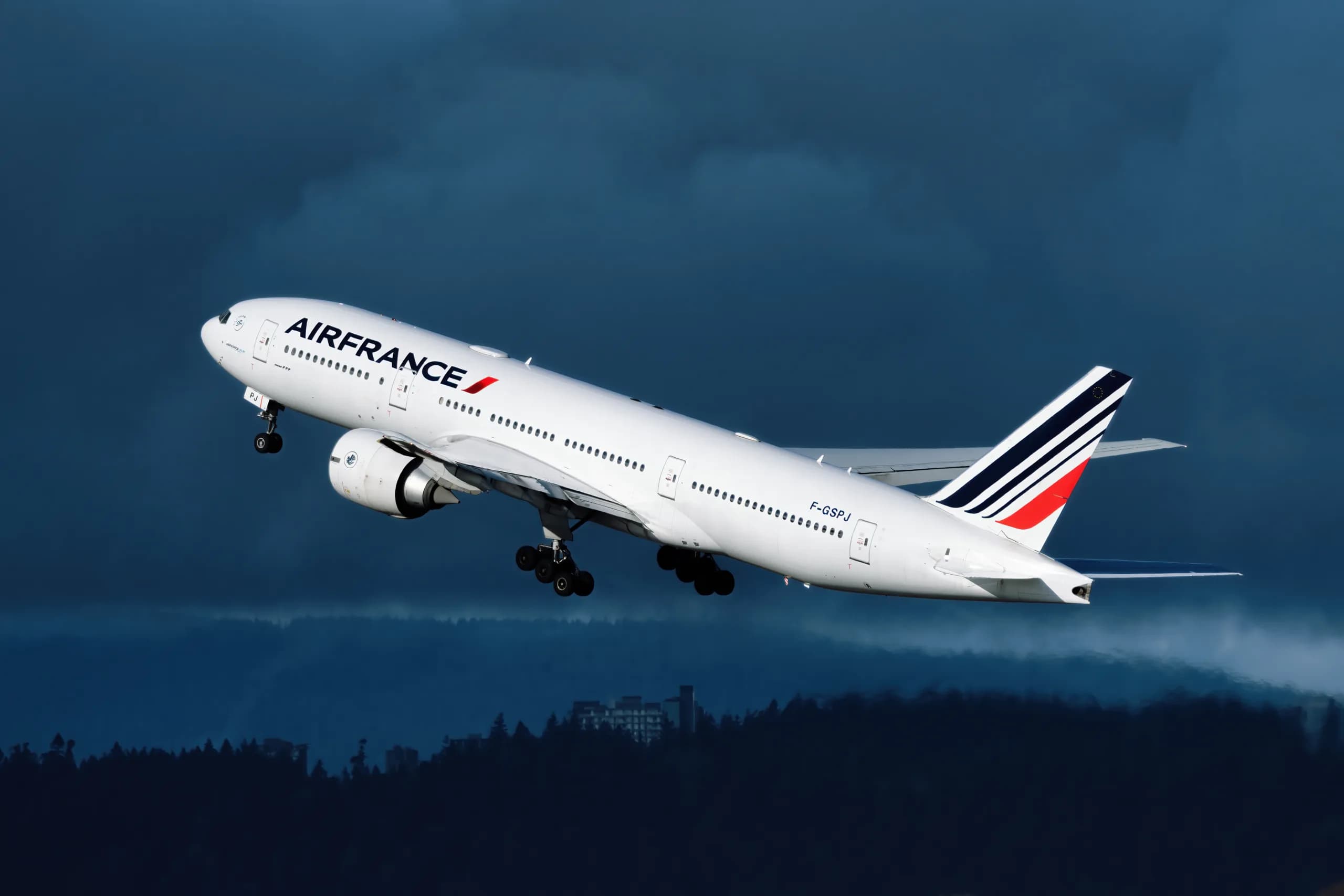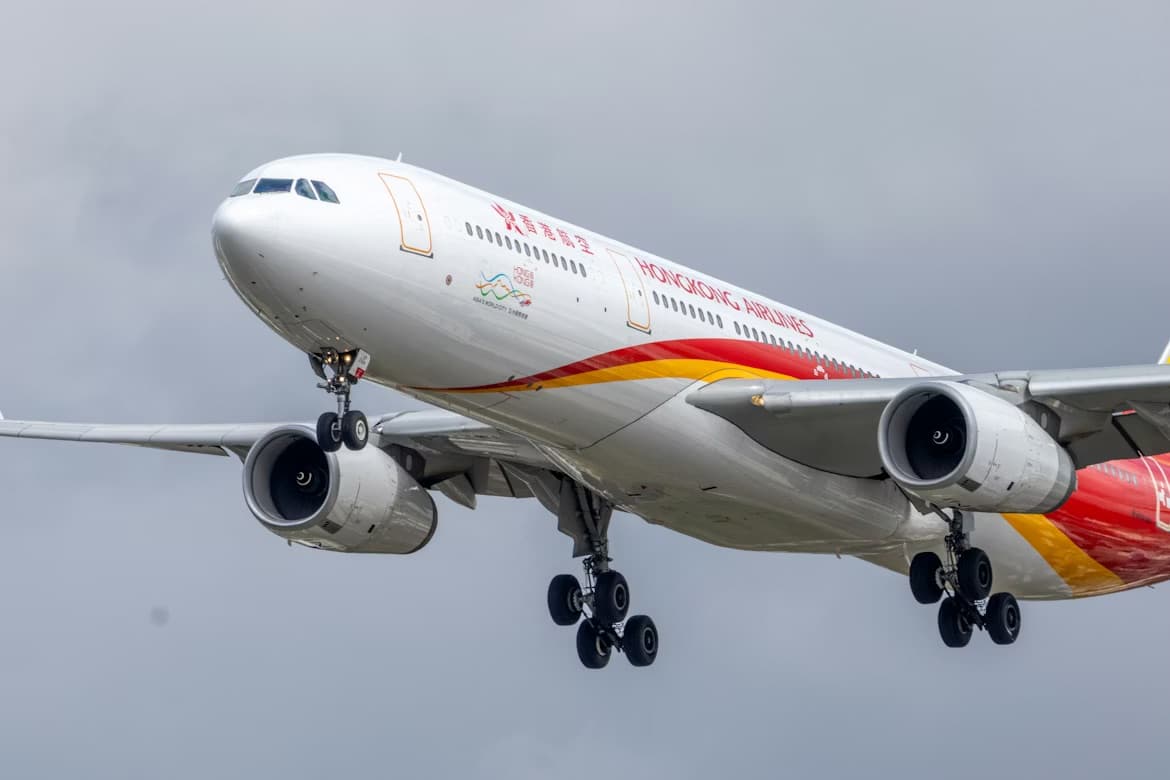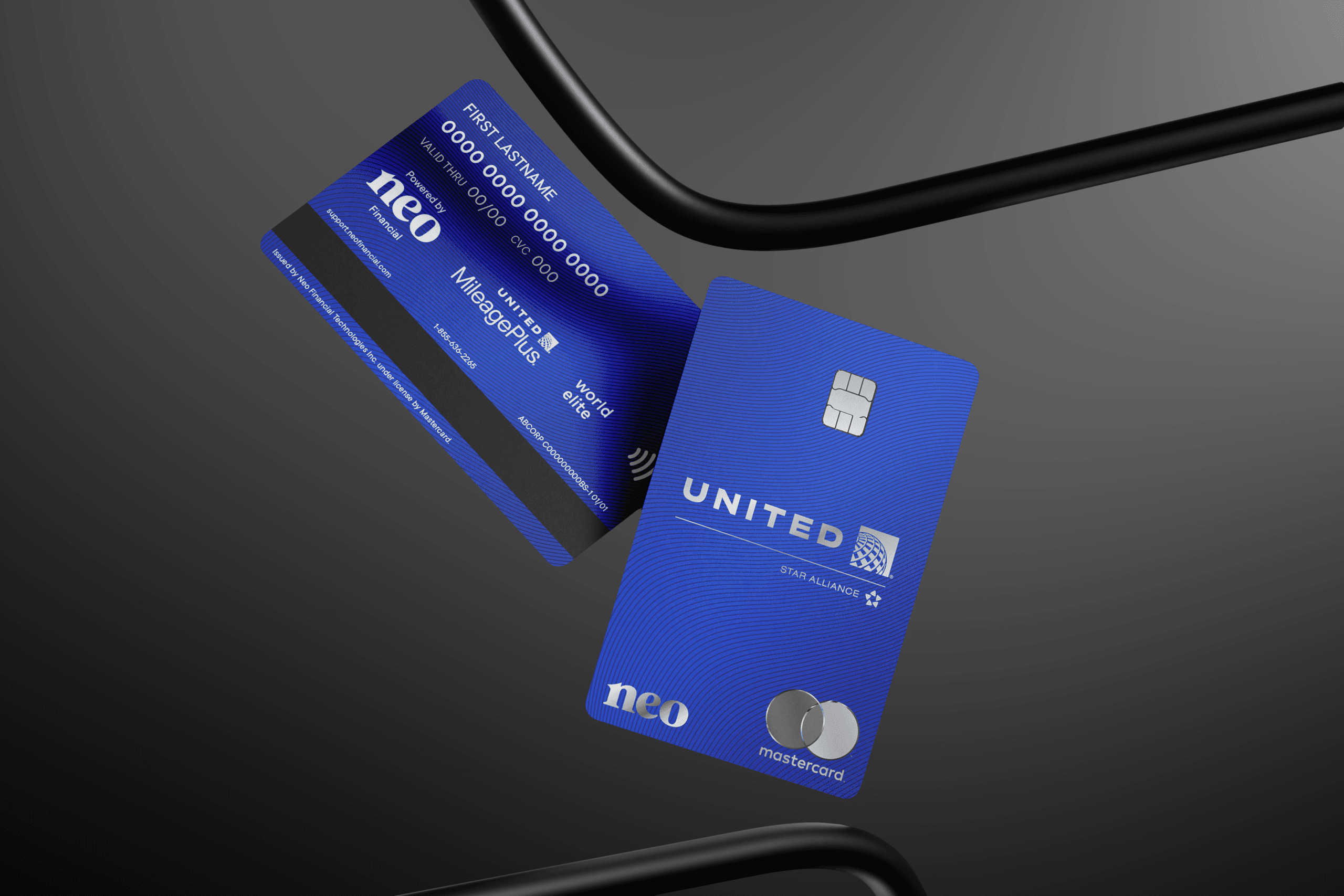Canada Will Reduce Quarantine for Vaccinated Travellers on July 5 (International Travel Is Back!)
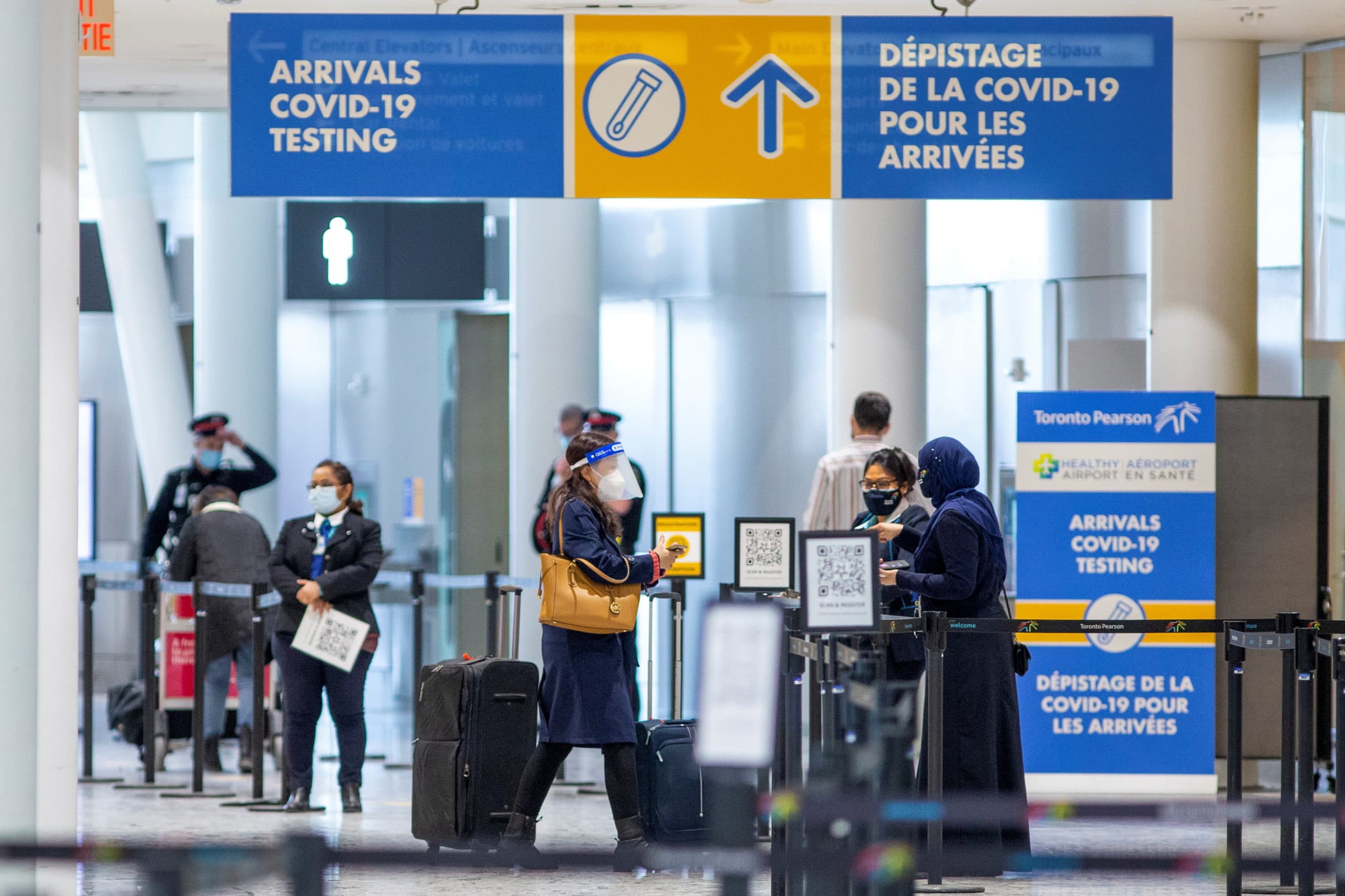
16 months later, the long wait is almost over.
As of early July, Canadian travellers will finally – finally – be able to travel internationally without undergoing a 14-day quarantine upon return.
With many parts of the world slowly opening up to international tourism, Canada will eliminate the three-day hotel stopover and the 14-day hotel quarantine for vaccinated travellers as of July 5, 2021.
End of 14-Day Quarantine for Fully Vaccinated Canadians
Effective July 5, 2021 at 11:59pm Eastern Time, fully vaccinated travellers who are eligible to enter Canada will not have to undergo a 14-day quarantine, stay at a quarantine hotel, or take a COVID test on Day 8 – subject to a negative test on arrival.
Travellers are considered fully vaccinated if they have received full doses of one of Canada’s four approved COVID-19 vaccines – Pfizer, Moderna, AstraZeneca (two doses each), and Johnson & Johnson (one dose) – at least 14 days prior to their arrival in Canada.

This first phase of relaxed travel restrictions applies to Canadian citizens, permanent residents, and essential workers who have been fully vaccinated. Also announced today, individuals who have received confirmation of permanent residence (COPR) since March 2020 will also be eligible.
As a reminder, travellers entering Canada will still need to complete the following:
- Present a negative PCR test prior to their inbound flight to Canada
- Complete a PCR test upon arriving in Canada and present a suitable quarantine plan while waiting for the result
As long as the subsequent test comes back negative, the fully vaccinated traveller will no longer be required to quarantine.
The quarantine exemption for fully vaccinated travellers applies at both the land border and at international airports. As part of this first phase of reopening, inbound international flights will continue to be funnelled through our four major international airports in Vancouver, Calgary, Toronto, and Montreal.
In terms of presenting their proof of vaccination, travellers will need to have either a paper or digital copy of their vaccination documentation, and will have to submit this documentation into the Government of Canada’s ArriveCAN app before arriving in Canada.
Further instructions for uploading vaccine documentation into the ArriveCAN will be available in the coming weeks, and the government has also indicated that a “vaccine passport” system will be available for travel to the United States and Europe in the future as well.
Notably, children who are not yet eligible for vaccines will be able to return home with their parents, but will still have to quarantine for two weeks at home. Fully vaccinated parents will be able to leave home during this period.
When Will Canada’s Borders Reopen?
As noted above, the first phase of the approach only applies to Canadian residents and essential workers, allowing fully vaccinated Canadians who leave the country to return with minimal disruption to their lives.
The reopening of Canada’s ports of entry to foreign visitors is a separate issue. With vaccination rates approaching the widely-heralded 70% mark, Canada ought to be preparing plans to restart tourism among vaccinated travellers from other countries and provide our own Canadian travel industry with a much-needed boost.
Indeed, as part of today’s press conference, Minister Dominic LeBlanc indicated that Canada will implement plans to reopen its borders to fully vaccinated foreign visitors in the coming months.
Similarly, the reopening of the US–Canada land border is also a keenly watched topic, as the current closure of the border is scheduled to last until July 21, 2021.

Currently, Canadians who return to Canada via the land border do not need to complete a three-day hotel quarantine, and may return directly to their place of residence to complete a 14-day quarantine (with the exemption for fully vaccinated travellers kicking in on July 5). The border remains closed to US citizens.
A First Step Towards International Travel
With most Canadians on track to receive their full doses of the COVID-19 vaccine by the late summer of 2021, we can now begin earnestly looking forward to international adventures as soon as July and August.
Since March 2020, the requirement to quarantine at home for 14 days upon returning to Canada has been a major deterrent for Canadians who are comfortable travelling internationally.
The introduction of the three-day hotel quarantine in early 2021 only added to the cost burdens, rightfully dissuading Canadians from leaving the country at a time when COVID-19 cases were rising sharply.

Now that the vaccines have begun to work their magic, I’m delighted to see the first signs of these policies coming to a sensible end.
After receiving our two doses of a COVID-19 vaccine, those of us who are inclined to travel internationally will be able to do so knowing that we’ll only need to stay at home for about 24 hours upon our return while we wait for our on-arrival test results.
Of course, that’s not to say that international travel will be “back to normal” in any way. Only a small proportion of the world has reopened to vaccinated travellers, and there’s still a great deal of border controls, testing requirements, and the risk of incurring additional unforeseen costs in time or money along your journey.
(Indeed, that’s a lesson I’ve had to learn the hard way recently on my trip to China.)
But with the relaxed travel restrictions scheduled to kick in in early July (providing that cases continue on their current downtrend), I do believe that international travel will once again begin playing a bigger part in our lives in the second half of 2021.
The late 2021 trips we had booked speculatively may well come to fruition, and with many generous change and cancellation polices remaining in place, now’s perhaps the time to begin planning some extra revenge travel or 2021 and 2022.
Conclusion
It’s amazing to see the first signs of Canada loosening its 14-day quarantine policy for vaccinated travellers returning to the country. The policy will kick in on July 5, 2021, at which point fully vaccinated travellers will no longer need to quarantine as long as they test negative upon arrival.
At long last, international travel will be back on the table for Canadians in 2021 – and then it’s simply a matter of waiting for the world to slowly open up.
And while Canada’s relaxing of restrictions for its own residents is a welcome first step, our strong progress on vaccinations also means that we must look at opening our borders to vaccinated international travellers as soon as possible and help our very own Canadian travel industry on its long road to recovery.

First-year value
$336
Monthly fee: $15.99
• Earn 1,250 points per month upon spending $750 per month for 12 months
Earning rates
Key perks
- Transfer to airline and hotel partners
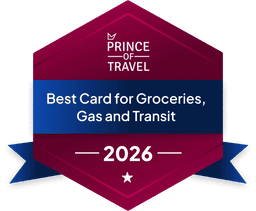
Monthly fee: $15.99
• Earn 1,250 points per month upon spending $750 per month for 12 months
Earning rates
Key perks
- Transfer to airline and hotel partners
